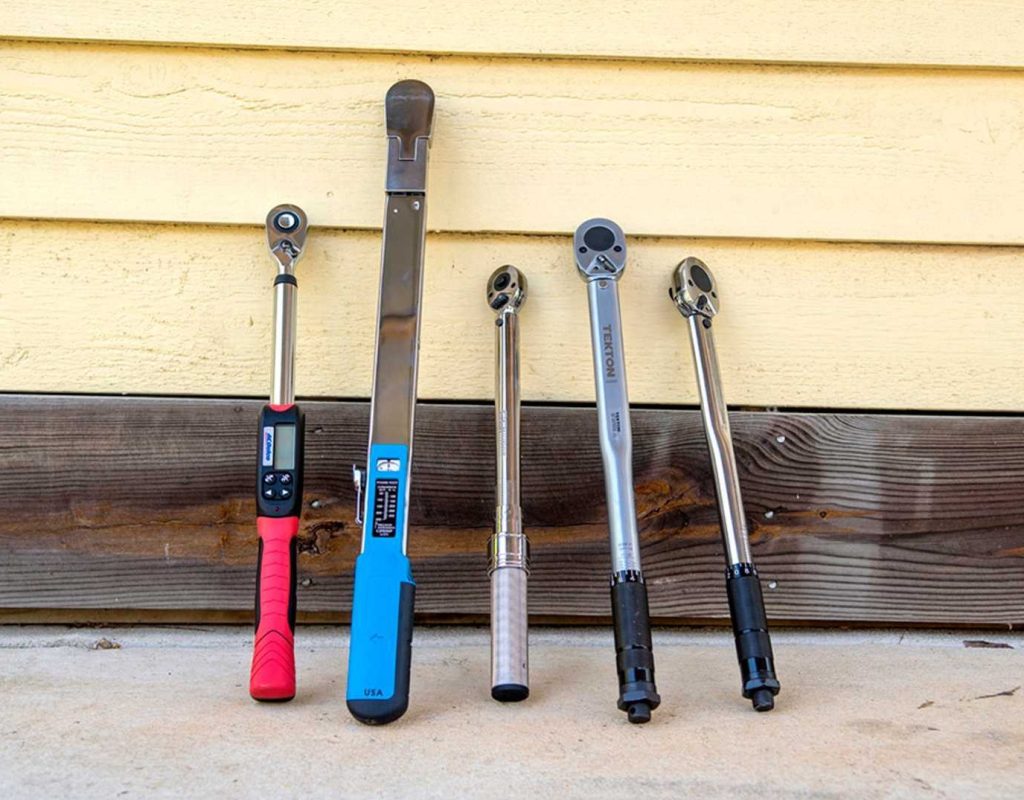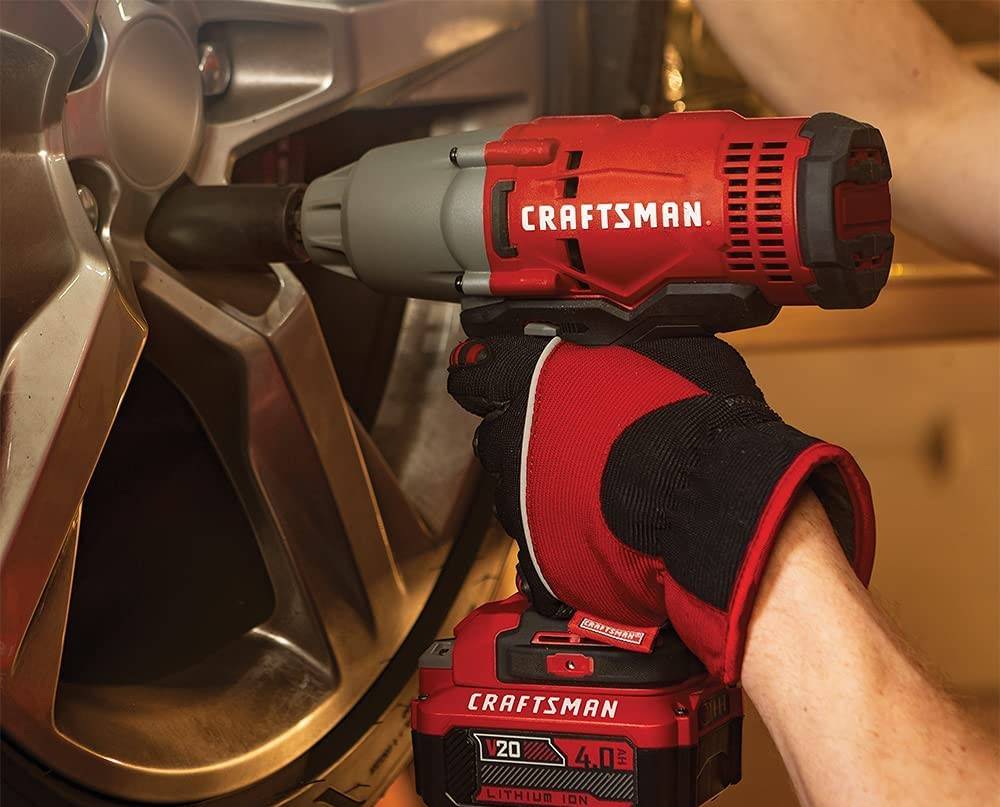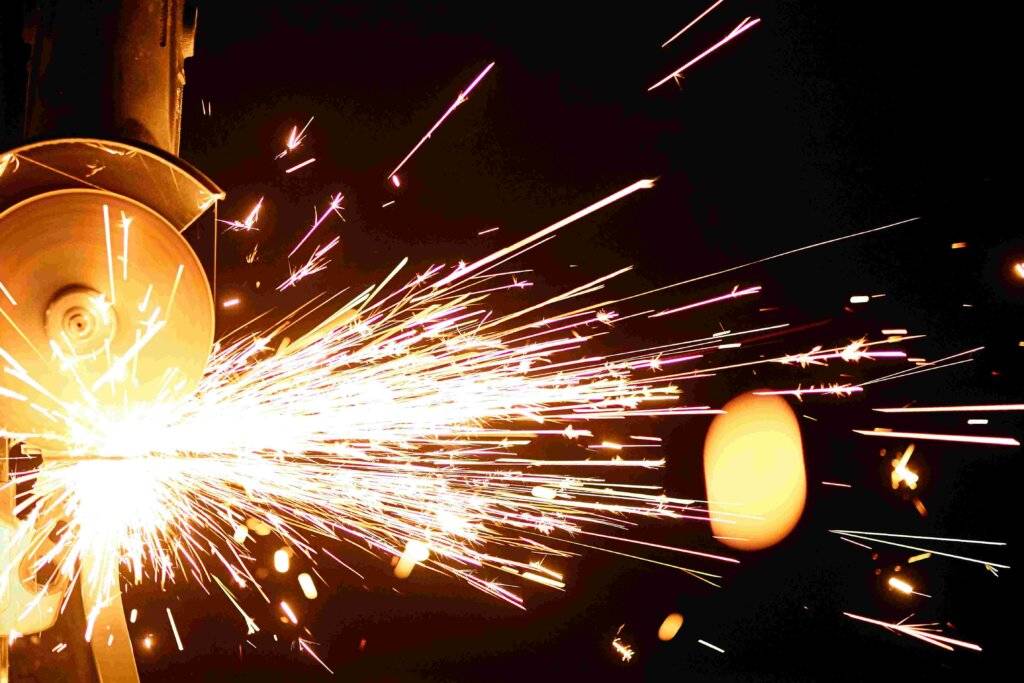Every car owner or automotive enthusiast knows that having the right wrench can make all the difference when it comes to maintenance, repairs, and upgrades. Whether you’re changing a tire, tightening bolts, or performing complex engine work, a good wrench set is essential in your toolbox.
But with so many types, sizes, and brands available, how do you know which wrench is best suited for your car and your specific needs? This comprehensive guide will walk you through the most popular wrench types, key features to consider, and recommendations to help you pick the perfect wrench for your vehicle.
Why a Quality Wrench Matters
A wrench is more than just a basic hand tool; it is your leverage and grip to tighten or loosen bolts and nuts efficiently and safely. Using the wrong wrench or a low-quality tool can damage fasteners, cause injury, and make simple repairs frustrating or impossible.
Benefits of investing in a high-quality wrench:
- Durability: Withstands heavy torque and repeated use.
- Precision Fit: Reduces the risk of rounding nuts and bolts.
- Comfort: Ergonomic handles reduce hand fatigue.
- Versatility: Useful for a variety of automotive tasks.
Common Types of Wrenches for Car Maintenance
1. Combination Wrench
- Features an open-end on one side and a box-end (ring) on the other.
- The open end allows quick turning; the box end provides better grip and torque.
- Sizes are usually measured in metric or SAE (inch).
- Essential for general car maintenance.
2. Socket Wrench (Ratchet Wrench)
- Uses interchangeable sockets to fit various bolt sizes.
- Provides leverage and speed with a ratcheting mechanism.
- Comes in different drive sizes: 1/4”, 3/8”, 1/2”, etc.
- Ideal for tight spaces and faster work.
3. Adjustable Wrench (Crescent Wrench)
- Adjustable jaw to fit multiple sizes.
- Useful when you don’t have the exact wrench size.
- Not ideal for high torque jobs due to possible slippage.
- Handy as a general-purpose tool.
4. Torque Wrench
- Allows you to apply a specific torque to a bolt.
- Essential for parts requiring precise tightness (e.g., cylinder head bolts, lug nuts).
- Available in click-type, beam-type, and digital versions.
- Prevents over-tightening or under-tightening.
5. Allen Wrench (Hex Key)
- L-shaped tool for hexagonal socket screws.
- Common in modern vehicles for interior and engine components.
- Comes in metric and SAE sizes.
What to Look for When Choosing a Wrench
1. Material and Build Quality
- Prefer tools made from chrome vanadium steel for strength and corrosion resistance.
- Look for polished or chrome-plated finishes to prevent rust.
- Ensure the wrench has precision-machined jaws for tight grip.
2. Size and Measurement System
- Know if your car uses metric or SAE bolts.
- Having a full set covering a range of sizes is best.
- Consider a wrench set with both systems if you work on multiple vehicles.
3. Ergonomics
- Comfortable, non-slip handles help reduce fatigue.
- Some wrenches have cushioned or rubber grips.
- Lightweight but strong tools improve maneuverability.
4. Brand and Warranty
- Trusted brands offer quality assurance and durability.
- Check warranty policies for peace of mind.
Top Wrench Recommendations for Your Car
1. Craftsman Combination Wrench Set
- High-quality steel construction.
- Full set of metric and SAE sizes.
- Polished finish resists corrosion.
- Lifetime warranty.
2. DEWALT Mechanics Tool Set (Socket and Ratchet Combo)
- Includes ratchet wrench with a variety of sockets.
- Durable and ergonomic design.
- Quick-release socket mechanism.
3. Tekton Adjustable Wrench
- Precise adjustment with a smooth thumbwheel.
- Hardened steel jaws with laser-etched size markings.
- Comfortable rubber handle grip.
4. Snap-On Torque Wrench
- Accurate torque measurement with audible click.
- Sturdy construction with long lifespan.
- Available in various torque ranges.
5. Bondhus Allen Wrench Set
- High-quality hex keys with ball-end for angled turning.
- Durable black oxide finish.
- Perfect for small and precise jobs.
Maintenance Tips for Your Wrenches
- Clean wrenches after use to remove grease and dirt.
- Store in a dry toolbox to prevent rust.
- Occasionally apply light machine oil to prevent corrosion.
- Check for wear or damage regularly.
Conclusion
Choosing the right wrench for your car depends on the tasks you perform most often. For general repairs, a combination wrench set and a socket wrench with ratchet are indispensable. If you need precise torque control, invest in a torque wrench. For quick adjustments, an adjustable wrench is handy, and Allen wrenches are must-haves for specialized bolts.
Investing in quality wrenches not only makes car maintenance easier and safer but also saves time and money by preventing damage to fasteners and components.



